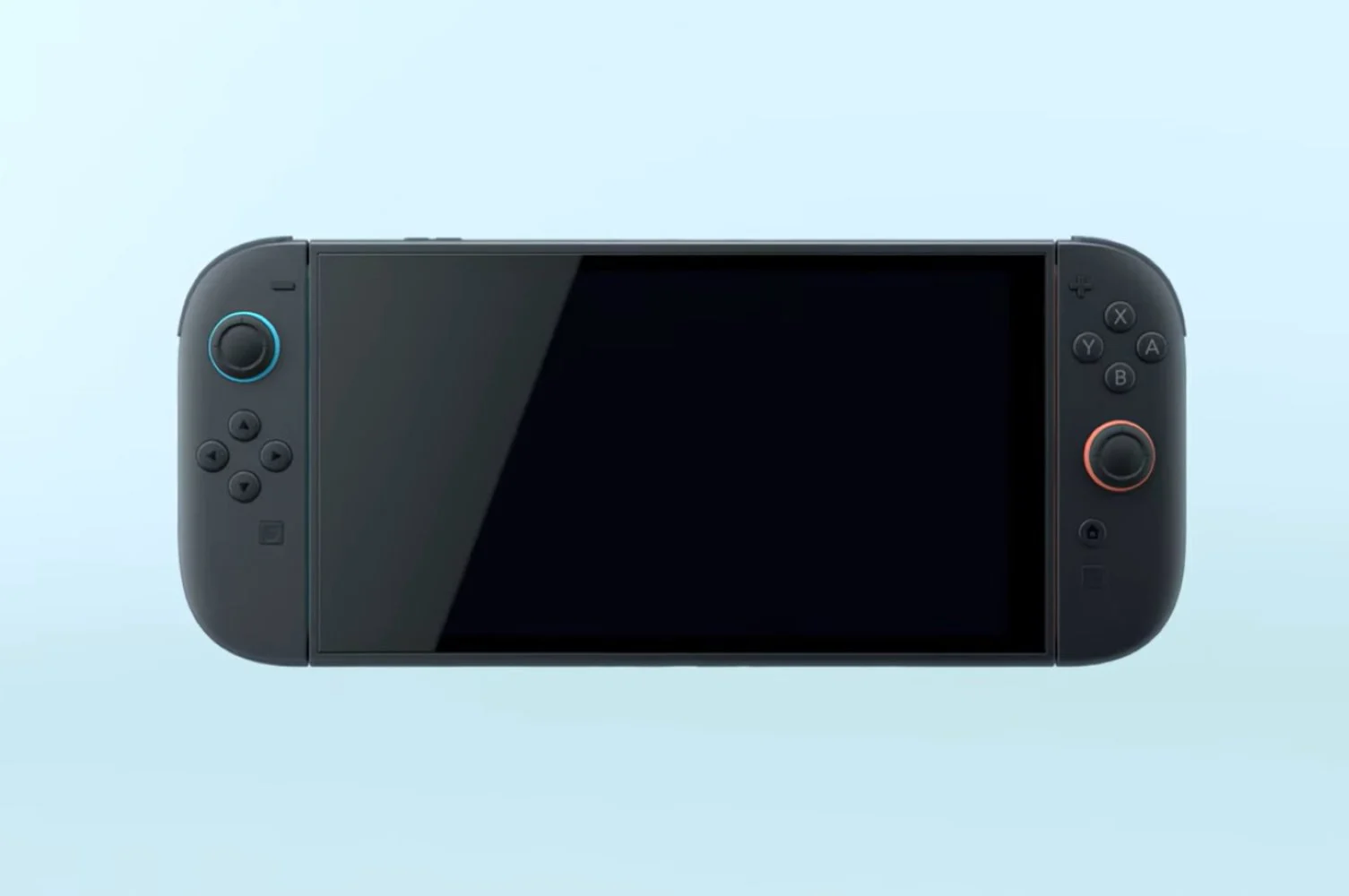The Google Pixel 9 series, comprising the Pixel 9 and Pixel 9 Pro, launched with Android 14 on August 13, 2024, during Google’s annual hardware event. Unlike previous iterations which typically debuted with the newest version of Android, this launch marked a departure by introducing the series with an older OS version. This strategic shift, likely influenced by timing and developmental factors, sparked wide discussions across tech communities.
Understanding the Decision Behind Android 14
The launch of the Pixel 9 with Android 14 instead of the forthcoming Android 15 appears to be a strategic choice by Google, influenced by the release schedule and developmental timelines. Historically, Pixel devices have been platforms to showcase the latest Android OS. However, this year, due to the timing of the product’s readiness and Android 15’s ongoing stabilization phase, Google opted to launch with Android 14, promising an update to Android 15 shortly after via a “Pixel Drop” update.
Hardware Highlights: Tensor G4 Chipset and More
The Pixel 9 series continues to push the envelope in hardware, although the Tensor G4 chipset has been described as a modest upgrade over its predecessor. It reportedly offers slight improvements in power efficiency but maintains a low profile on major performance leaps. This has led to discussions about whether the modest hardware updates will support the robust demands of new software features, especially AI-driven capabilities like the new Gemini AI suite and upgraded camera functionalities.
Storage and Specifications
Storage options for the new series start at 128GB, with higher models like the Pixel 9 Pro and Pixel 9 Pro Fold offering up to 1TB. This is complemented by RAM enhancements, with the Pro models boasting up to 16GB of RAM. Google has also introduced an upgraded 45W charger, which promises improved charging speeds despite a potential cap at 33W.
AI and Camera Innovations
The Pixel 9 series is enriched with new AI features, despite the older OS. Noteworthy among these is the improved AI suite that includes advanced screenshot capabilities and integrations with Google’s broader ecosystem. The camera has also seen upgrades, particularly with the introduction of 8K video recording capabilities that leverage Google’s new Video Boost technology.
Market Impact and User Reception
The choice to launch with Android 14 has stirred varied reactions. While some users express disappointment, others are appeased by Google’s promise of rapid updates and long-term support extending up to seven years. Google has attempted to mitigate any discontent by offering promotions such as a free year of Google One AI Premium plan for early adopters, enhancing the overall value proposition of the Pixel 9 series.
Launching the Pixel 9 series with Android 14 represents a calculated risk by Google, balancing developmental timelines with market expectations. While it deviates from the tradition of debuting with the latest Android version, the comprehensive updates planned in the near future and the array of new features aim to maintain the Pixel’s reputation as a pioneer in mobile technology. The upcoming months will be crucial in determining how this strategy resonates with both new users and loyal Pixel enthusiasts.


















Add Comment